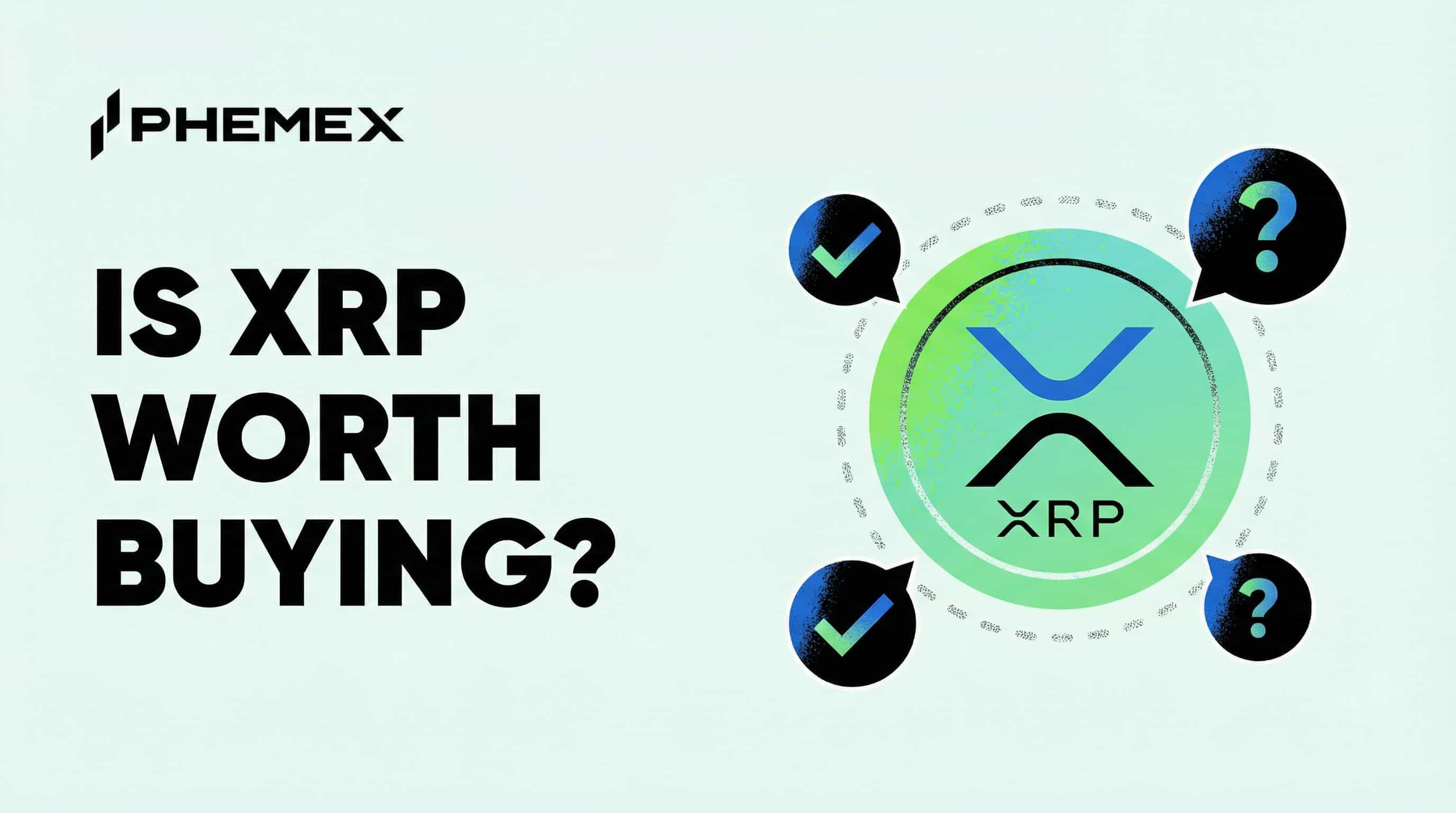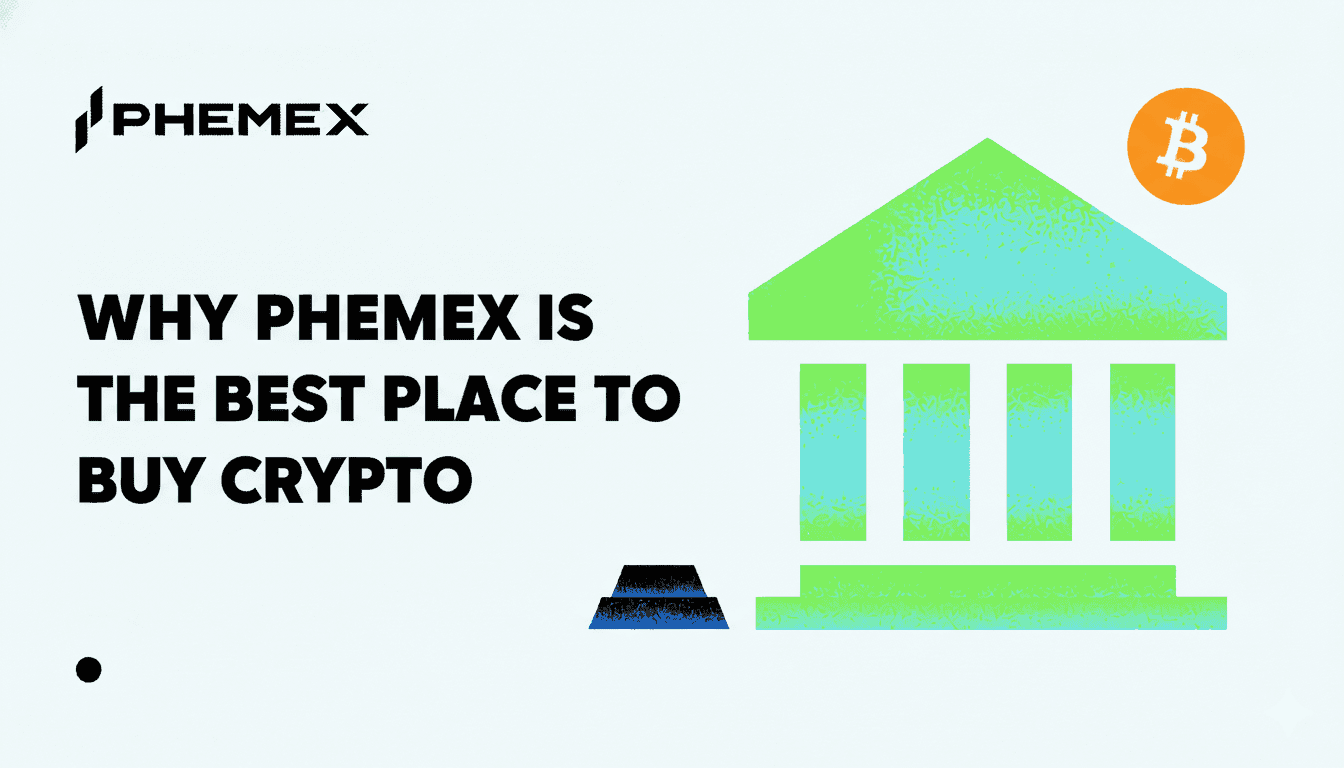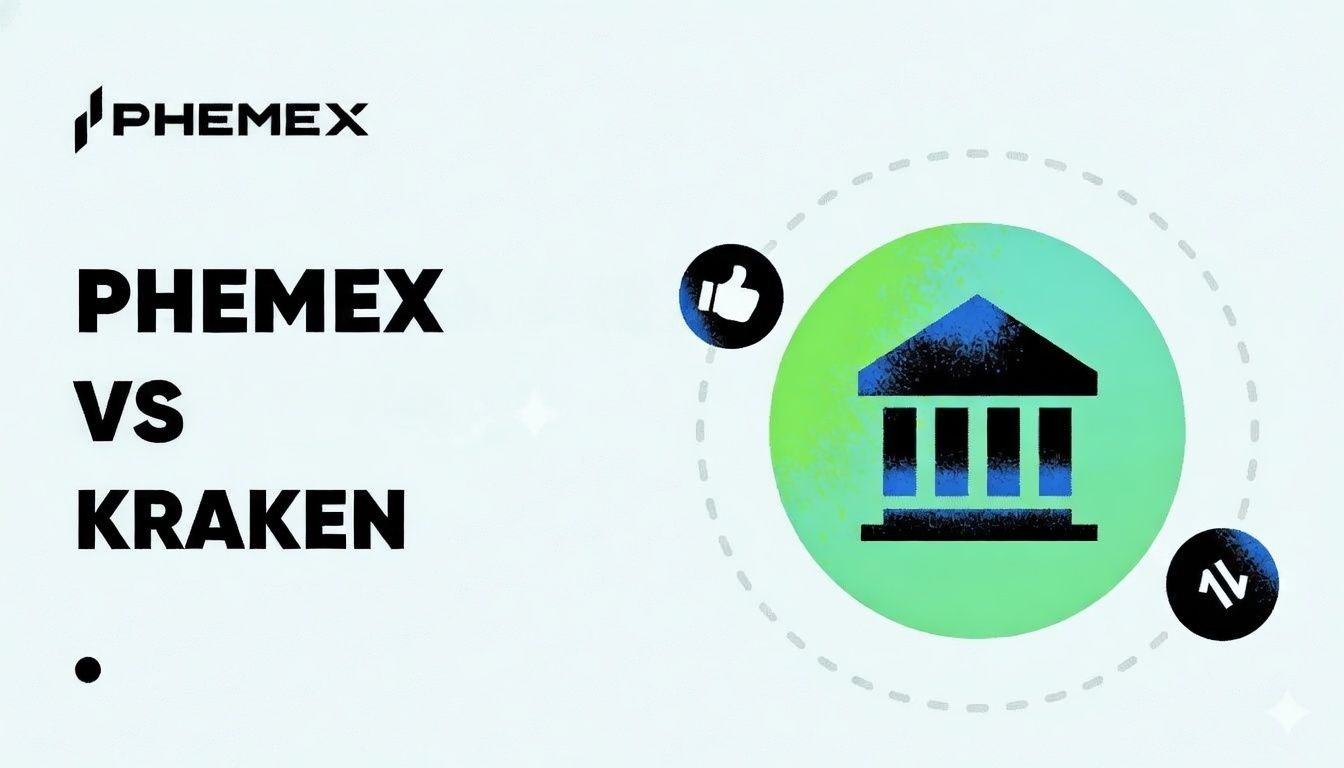
The popularity of cryptocurrency has skyrocketed in recent years. This is because using cryptocurrency has several advantages over using fiat money or other forms of payment. In addition to their benefits, the true value of cryptocurrencies also depends on their level of security. It should be noted that there’s no 100% secure payment method in the world.
How do crypto transactions work? Are they secure?
In most cases, all you need to do as a user is to sign up for an online crypto exchange. You will receive a digital wallet after registering, which you can use to store and receive cryptocurrency. A cold wallet that enables offline coin storage is another option.
Before you start crypto transactions and trading, keep in mind that there are certain security dangers. For instance, when transacting via traditional credit cards, you are not responsible for fraudulent purchases made in your name as long as you prove your case to the credit card issuer. This is not the case with crypto. You might not have practical means to recover your money if you lose it to a con artist. The enormous input of capital into the crypto industry as well as the resulting hype and information overload has also brought various scams into the crypto world. Crypto scammers frequently try to obtain sensitive data, including security codes, or con unwary individuals into sending money to a hacked digital wallet.
To have your money safe, you need to do your own research first and learn how to store and transfer crypto in a high-secure way before making any investment decision.
How to keep your crypto safe?
Crypto transactions don’t entail «sending» digital currency tokens from your phone or computer to someone else’s. In contrast to conventional wallets that actually keep cash, Cryptocurrency wallets work as a central repository for the public and private keys required to buy cryptocurrencies and provide digital signatures to confirm each transaction. Your keys support transactions and prove that you are the rightful owner of your digital currency. If your private key is lost, you are unable to access your crypto. Usually, crypto wallets can be divided into two types. Hot wallets are quick and simple to use and are constantly connected to the internet. Cold wallets, on the other hand, are kept offline and are less practical but more secure.
In order to avoid being a victim of crypto scams, you need to always be cautious when giving out your personal information, especially your private keys. If a government, law enforcement agency, or utility business sends you a message informing you that your assets have been frozen and that you must give cryptocurrency, contact the organization via the official channel as soon as possible.
How can I find the safest crypto exchange for my money?
The number of online exchanges and marketplaces where users can buy and sell cryptocurrencies has increased in tandem with the rise of cryptocurrencies. Those relatively safer online platforms, which adhere to Know Your Customer (KYC) regulations and authentication mechanisms, will typically require you to verify identification before you begin the crypto journey. The verification process can lower the chance of crime involving fake identities.
Transparency and security should consistently be the priority of top crypto exchanges. A best crypto exchange won’t be hesitant to let its users know about how their money is kept in the storage. For example, you can always check where your funds are kept within Phemex via Merkle-tree Proof-of-Reserves. In addition to our seamless security system and firewalls, Phemex also provides 24×7 customer service, you can report any suspicious actions anytime and get our support shortly.









